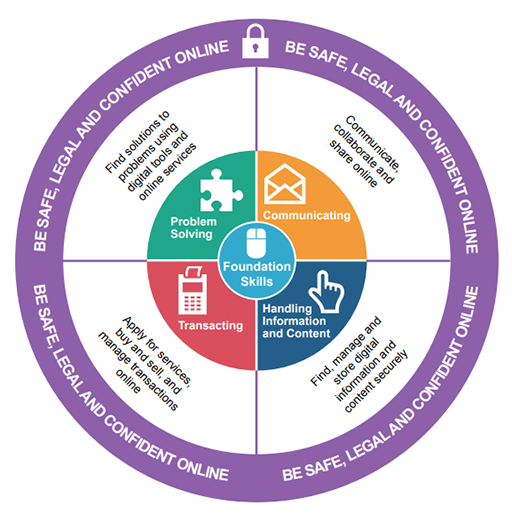1 Why communication and collaboration skills matter
As organisations move to hybrid working, communication and collaboration have changed. The opportunities for ‘water cooler’ moments or to ask a colleague a quick question across the desk have become less frequent, and new ways of sharing information have developed.
Not only did having to move to remote working at an organisational level change how many of us needed to work, it has impacted workplace culture and expected behaviours. During the COVID-19 pandemic, due to the frequently changing rules, everyone was having to continually adapt, at short notice and sometimes with minimal guidance from the organisation.
As new ways of working have become embedded, organisations are now focusing on how to build a new culture and set of values but also on re-establishing expectations of the workforce, expectations that reflect the needs of individuals and teams as well as the organisation.
The reliance on digital communication and collaboration tools will continue, and developing organisational capabilities requires the individuals within it to be supported through formal and informal training and development.
All individuals need to have the essential digital skills to succeed. These are based on the ‘Essential Digital Skills Framework’ for the United Kingdom (GOV.UK, 2019), which sets out the digital skills and understanding all adults require to interact in a digital world (see Figure 1). The skills relate to:
- being safe and responsible online
- using devices and handling information
- communicating
- creating and editing
- transacting
- problem solving.

Activity 1 How digitally confident are you?
Read a summary in Table 1 of the six skills which are based on the ‘Essential Digital Skills Framework’ (GOV.UK, 2019).
| Being safe and responsible online and offline | Digital wellbeing, responsibilities when working online – security, privacy and data protection, accessibility, understanding processes and policies, behaviour and non-digital considerations – for example, your desk setup, not writing down your password. |
| Using devices and handling information | Understanding hardware, software, operating systems and applications and how to manage and store digital information and assets. |
| Communicating | How to communicate effectively digitally depending on the ‘tools’ and ‘context’. |
| Creating and editing | Developing the skills to create and edit using digital tools and reflect best practice and guidelines for creation of digital content and products. |
| Transacting | The ability to interact with digital forms, systems and payments. |
| Problem solving | The ability to find solutions and approaches and use digital tools to assist with this. |
Think about how digitally confident you are. Depending on how competent and confident you are, you may wish to complete Hybrid working: skills for digital transformation before doing this course.
How digitally confident you are may reflect your digital persona. In the next section we start to explore your digital persona, as who you are, how you approach digital tasks, and your digital behaviours will influence how you communicate and collaborate digitally with others.
